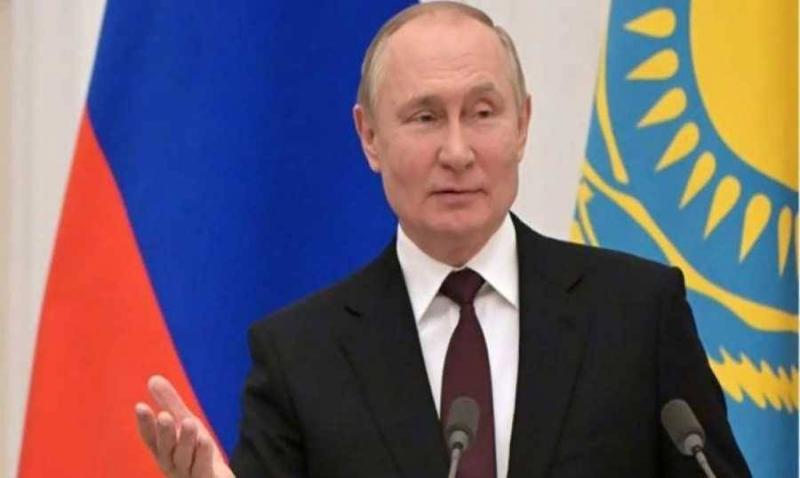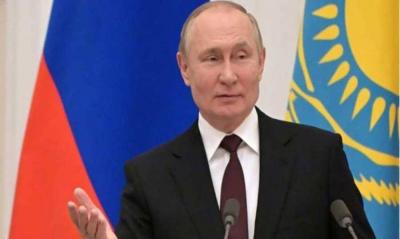With the first package of Western sanctions against Moscow, there were expectations of a significant collapse of the Russian economy; however, it withstood the pressure about four months into the war in Ukraine. Analysts attribute this resilience to "huge Russian preparations since 2014." They confirmed that Russian President Vladimir Putin worked, since the annexation of Crimea, to "shape the Russian economy into a fortress against external shocks through the fifth largest cash reserve and substantial gold reserves, as well as controlling government spending and betting on the counteractive effects of sanctions and support from allies."
According to the Finnish Institute for Emerging Economies, before the onset of the war, Russia had the fifth largest package of foreign currency and gold in the world, valued at approximately $630 billion, reflecting a 75% increase since 2015. This stockpile, they note, can cover the government’s balance sheet and support the ruble.
As noted by the American outlet "Business Insider," "Russia has been distancing itself from foreign capital by aggressively paying off debts over the past eight years." It also highlighted that "Russia's external debts are very low; the total national debt of Russia does not exceed 17% of its GDP, which is much lower than in many advanced countries." They regard that "the biggest problem facing Russia now is repaying its external debts due to restrictions imposed by sanctions."
Western countries imposed six packages of sanctions on Russia, significantly isolating Moscow from the global economy. The latest of these sanctions was the EU’s announcement at the end of May to ban about 90% of Russian oil imports by the end of 2022. Contrary to expectations, the Russian currency, the ruble, has been gaining against both the US and European currencies, the dollar and euro, rising last Monday to its highest level since July 2015.
Key Points: Italian economic analyst George Edmond said that Russia was aware of the expected sanctions if it took military action in Ukraine, as was the case before in Georgia in 2008 and Crimea in 2014. Hence, it prepared well through several channels, including "large reserves, keeping government spending under control, betting on the counteractive effects of sanctions, and supporting allies."
Edmond added, in an interview with "Sky News Arabia," that sanctions always have loopholes, as occurred in 2014 when their impact on Moscow was minimal. The same is true today. Given global interconnections, the sanctions will not be complete, and there will remain avenues for Russia to resist, such as energy and grain exports, which are essential to the country's budget. With their prices having doubled, they can cover any deficits in other areas affected by sanctions.
He explained that the existing vulnerabilities in the global economic and financial structure mean that these sanctions could have serious political and material repercussions on the global economy as a whole, not just Russia. The indirect effects have already caused disruptions in international commodity markets and increased crude oil and natural gas prices.




